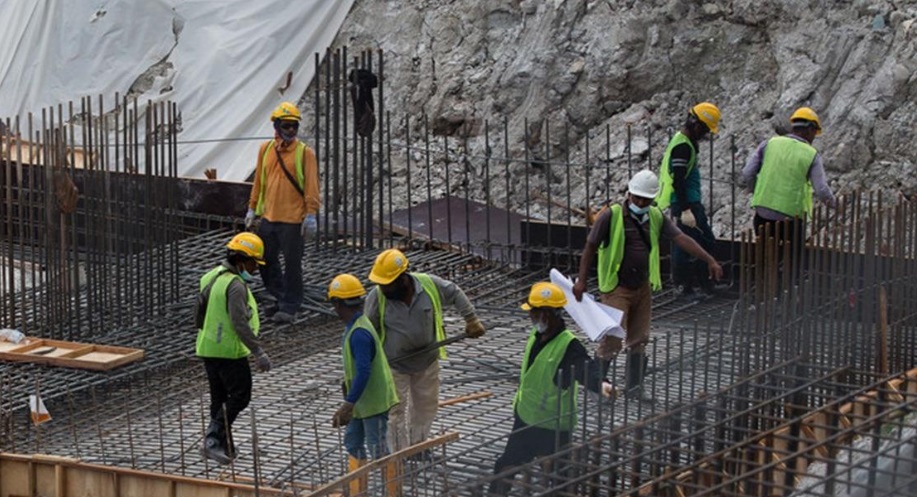
Malaysia’s construction sector remains as a key driver of economic growth by the end of last year, largely attributed to increased civil engineering infrastructure jobs.
Such projects include the continuation of the East Coast Rail Link (ECRL) that is 80% complete by November, Rapid Transit System (RTS) link rail connecting Johor Bahru and Singapore with 83% completion as of 20 August 2024, the Pan Borneo Highway in Sabah and Sarawak that is meant to promote integration across the area, as well as the construction of data centres.
These activities contributed in growing the sector grow 19.1% in the first 11 months, with the buoyant sentiment leading to an optimistic outlook for the sector in 2025.
According to the Department of Statistics Malaysia (DOSM), for the first three quarters of 2024, a total of RM116.8 billion in work value was completed with the civil engineering subsector leading the way, involving projects like strategic investments and initiatives that focuses on connectivity, sustainability and digital transformation.
Due to the government’s emphasis on infrastructure development, it attracted substantial domestic and foreign investments, setting the stage for long term growth.
This included the growth of the construction industry that closely aligned with investments in digital technology, including big data and artificial intelligence (AI), significantly boosting demand for data centres – which convinced global corporate giants like Microsoft, Amazon Web Services (AWS) and Google to pick Malaysia for their data centre expansion for the country’s strategic location, robust infrastructure and supportive government policies.
That being said, the synergistic relationship between construction technology and data centres would position Malaysia as a leader in both sectors.
Digital infrastructure has also seen a significant boost with investments in hyperscale data centres such as the KUL2 facility in Cyberjaya and the AI-ready Puteri data centre.
Additionally, the development of 5G infrastructure is another cornerstone of this strategy, aimed at enhancing nationwide connectivity and enabling smart cities – with Digital Nasional Bhd undertaking the first 5G network.
Apart from that, water infrastructure projects including the RM4 billion allocation for water management in Perak and flood mitigation systems in the Klang Valley, reflected the government’s commitment to addressing climate resilience and ensured sustainable resource management.
Optimistic outlook for 2025
DOSM also reported that for the first nine months of 2024 (9M24), the value of contracts awarded for infrastructure projects exceeded RM41 billion, surpassing 2023’s RM36.7 billion.
Analysts noted that strong private-sector participation with investments in non-residential projects such as commercial buildings, factories and warehouses contributed RM109 billion into the sector, with public-private partnerships (PPPs) playing a vital role, especially in the development of rail and renewable energy (RE) projects.
Hence, the outlook for this year is strongly optimistic, supported by the RM50 billion allocation in Budget 2025 that is meant for infrastructure, with key areas being sustainable urban transport, RE and rural infrastructure development.
RHB Investment Bank (RHB IB) emphasised the importance of maintaining policy consistency and fostering innovation in infrastructure projects to sustain investor confidence.
“Malaysia’s infrastructure strategy is well aligned with global trends, particularly in green and digital investments, making it a compelling destination for international stakeholders,” it said in a research note.
Considering the strong foundation laid in 2024, Malaysia’s infrastructure investment strategy is poised to deliver long-term economic benefits, positioning the nation as a competitive and sustainable player in the ASEAN region going forward.
























